A once-popular luxury shopping destination, Hong Kong could lose its highly coveted position as a mecca for millionaires in search of designer goods after months of protests have disrupted the city and its tourism industry.
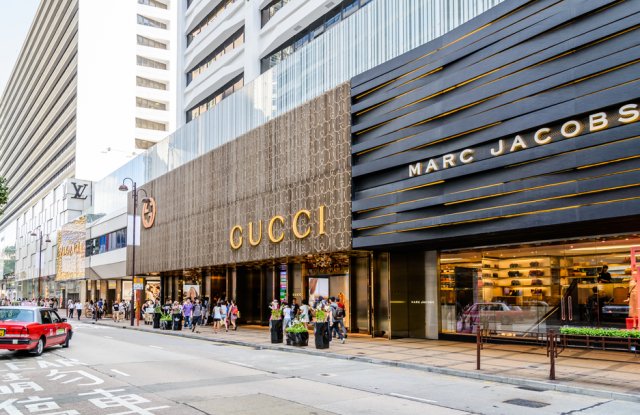
Luxury shops on Hong Kong’s famous Canton Road. Photo courtesy of Azoya USA.
Background: The Protests
In recent years, with the growth of the luxury sector in Asia, Hong Kong has become a big player in the luxury retail game, rivaling the likes of fashion capitals New York, London, Paris and Milan. However, all this could change due to relentless protests that have damaged the city’s formerly thriving tourism and retail industries.
The protests, which are part of the Anti-Extradition Law Amendment Bill Movement, have gripped the city since June of this year. Protesters aim to prevent the extradition of criminal fugitives to other areas of Asia, most notably mainland China. In short the demonstrations are a case of Hong Kongese resisting Chinese involvement and rule.
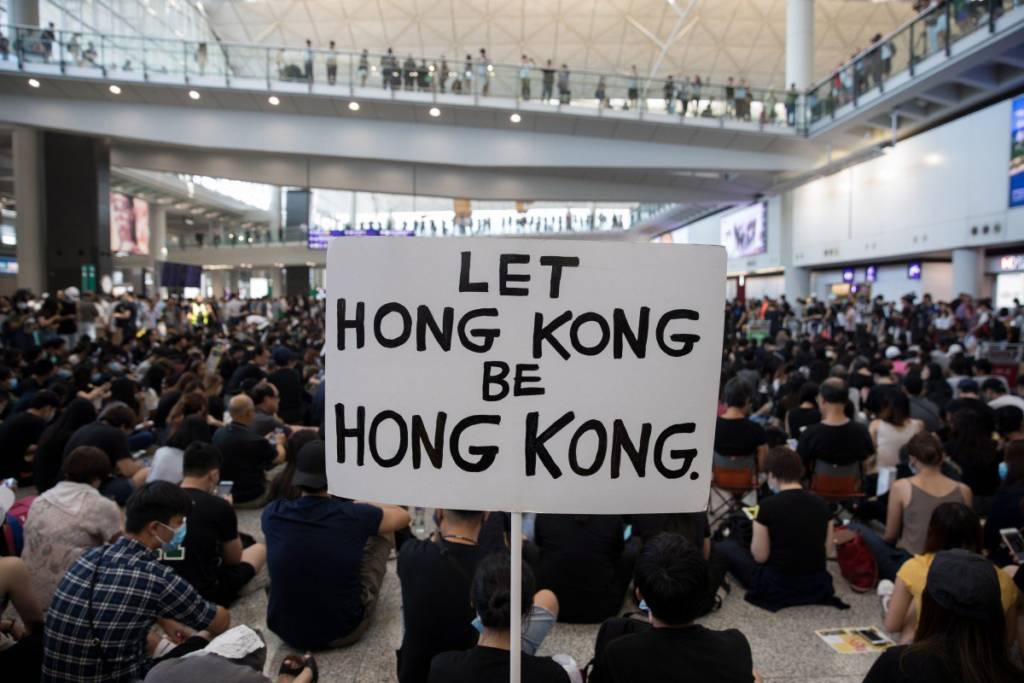
Protesters inside Hong Kong International Airport on August 9. Photo courtesy of EPA-EFE
Hong Kong in the Luxury Retail Market
The protests have already had far-ranging political ramifications and will no doubt continue to do so. Yet it’s also important to consider the economic impact on the luxury sector.
Hong Kong’s significance in the luxury retail market should not be underestimated. In a fairly short amount of time the city has established itself as an important player in not only the Asian but the global luxury retail market. According to Bernstein analysts, the city brings in between five and ten percent of the estimated $285 billion annual global sales of luxury goods.
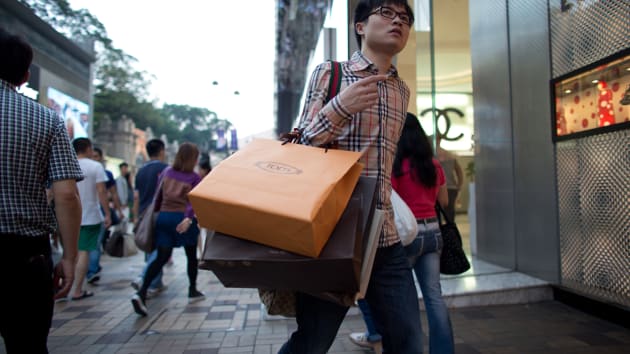
Photo courtesy of Kevin Winter/Getty Images.
Decline as a Luxury Fashion Center
The price of luxury goods in Hong Kong is known to be less than that of mainland China—sometimes even by half. However, it seems even this financial incentive isn’t worth the risk for many shoppers.
Some of the city’s busiest shopping districts have been transformed into virtual war zones due to the deadly protests.
The sales value of jewelry and other valuable accessories has decreased by 47 per cent since the protests began. Luxury brands including Hermès, Chanel and Prada have been affected. Chanel decided to put one of its Cruise collection shows on hold that had been previously scheduled for November 6, stating it would happen at a more appropriate time. Meanwhile, Hermès said last month that it had been forced to temporarily close some of its Hong Kong stores.
During the annual Golden Week holiday which is typically one of the busiest periods of the year for retailers, 30 shopping centres closed.
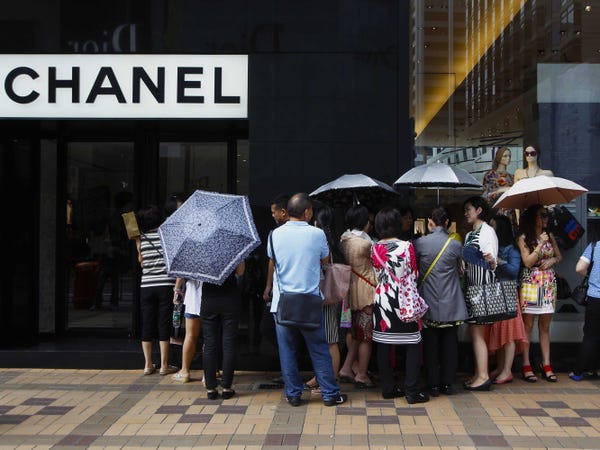
The line outside a Chanel store in Hong Kong. Photo courtesy of Reuters/Liau Chung-ren.
Permanent Damage?
The demonstrations in the city have now been going on for several months. Rather than showing signs of slowing down, they seem to be intensifying. Earlier this month an anti-mask law was introduced prohibiting protesters from covering their faces which has only worsened tensions in the city.
So what does this all mean for Hong Kong’s luxury sector? While the market could perhaps weather a few weeks of chaos, after almost five months of protests the damage could be permanent.
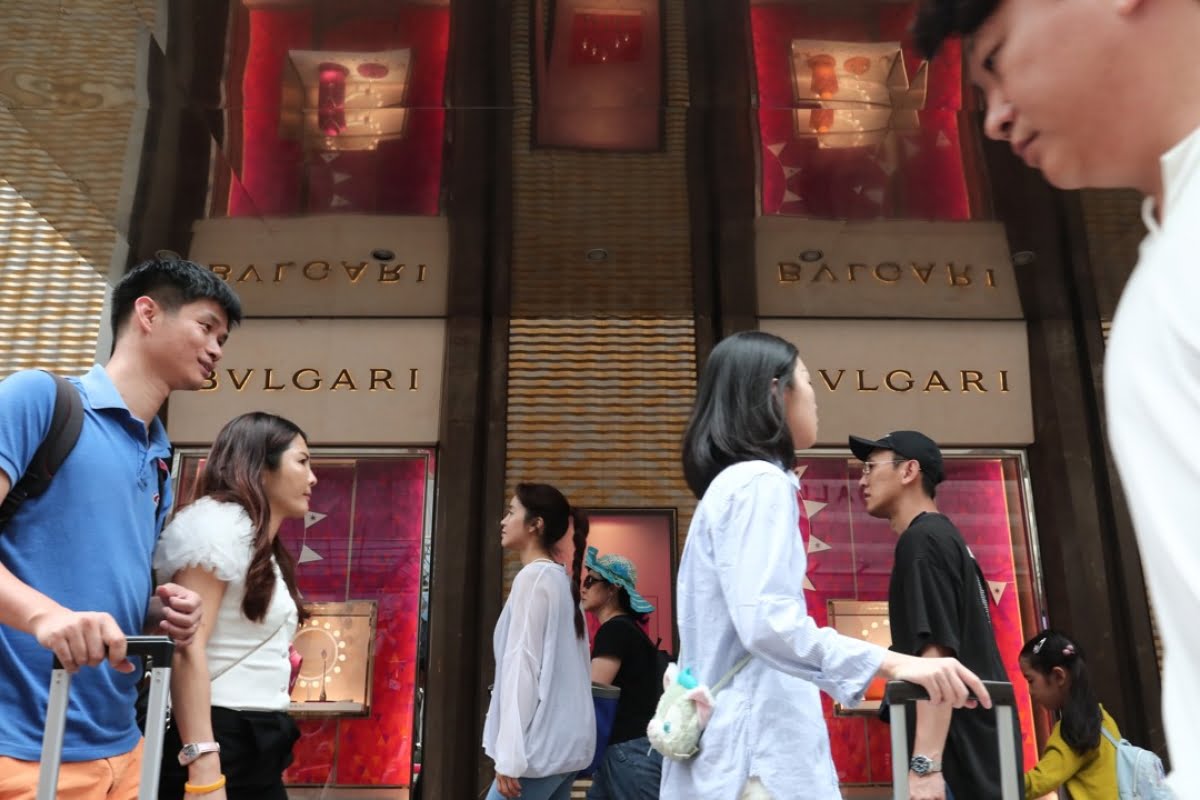
Photo courtesy of Jonathan Wong.
According to a second industry source, retailers are attempting to negotiate rent terms in an effort to cut sky-high rent prices. This could be a sign that the market’s struggles are long term.
Furthermore, the drop in Hong Kong’s tourism industry as a result of the protests has had a considerable impact on luxury sales. Visitor arrivals have fallen 39 percent; the number of mainland Chinese tourists traveling to the city—who typically make up a large percentage of luxury shoppers—has dropped by 42 percent. It is reported that hotel rates have decreased and the streets remain unusually quiet during the day.
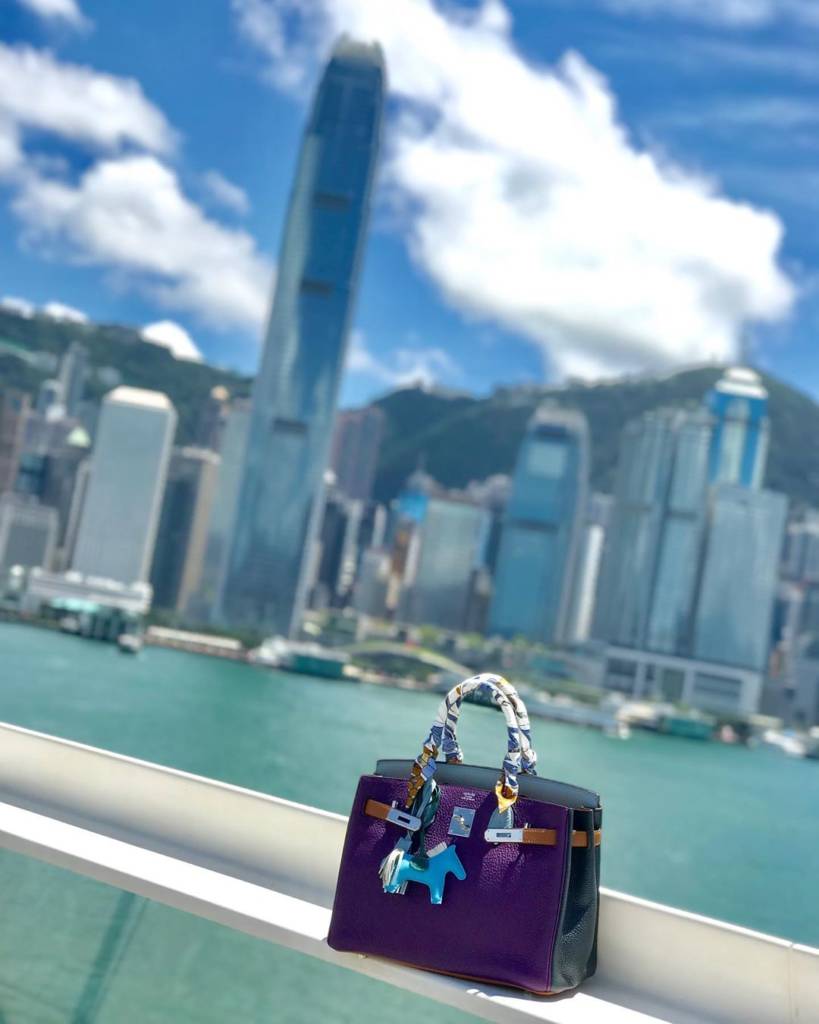
A B30 in Harbour City, Hong Kong. @hermes_forever_
Luxury in Mainland China
But the news doesn’t look so bad for the luxury market throughout the rest of Asia. Reuters reported that companies such as LVMH, the luxury fashion conglomerate which owns the likes of Louis Vuitton and Christian Dior, will most likely be able to absorb any hits thanks to the rising demand in mainland China and other Asian countries.
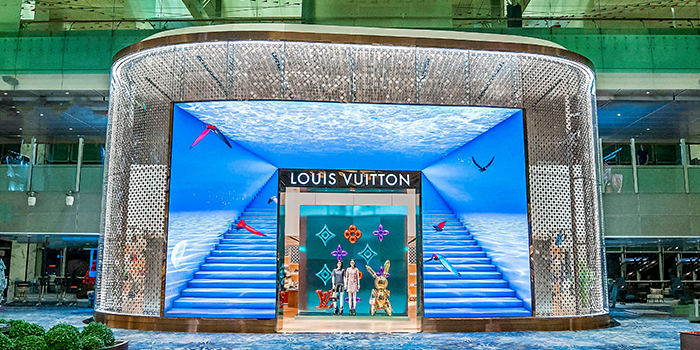
Photo courtesy of Louis Vuitton.
For now, it’s hard to say with certainty what the long term effects of the protests will be on the city’s luxury retail market. Hong Kong may fall from its coveted place as THE Asian city that the wealthy flock to for shopping. However, it certainly seems that the luxury market in Asia will continue to grow regardless.
Do you think that Hong Kong will lose its status as one of the most desirable cities in the world to shop luxury? Let us know.
Read related articles:
Sales in China Buoy Hermès Half-Year Financials
Hermès Financial Results Strong with Bag Sales and Asian Markets
California Bans Exotics – What Does This Mean for Luxury Bags?
What’s the Deal With the Fake Bag Market Lately?
Love, PurseBop
XO
Updated: October 8th, 2019



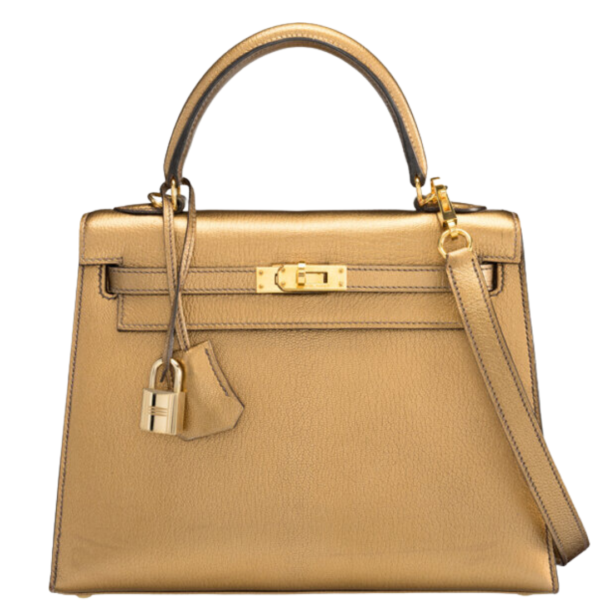
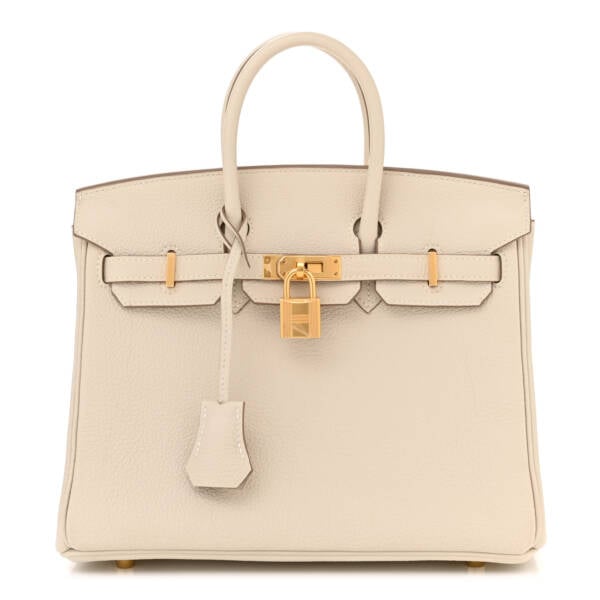
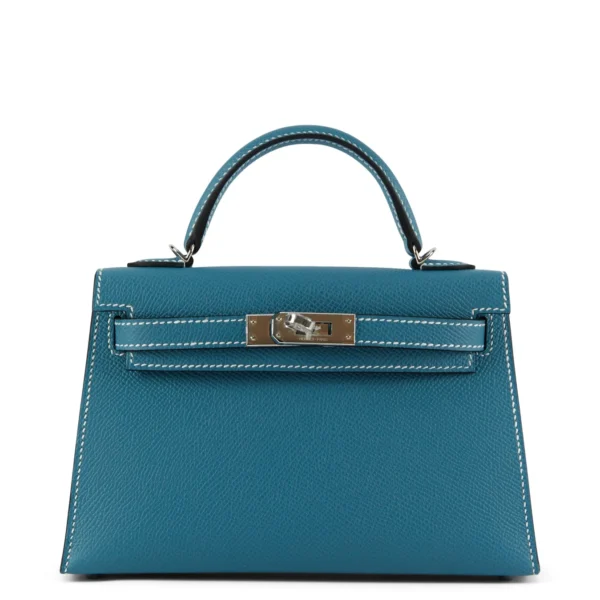
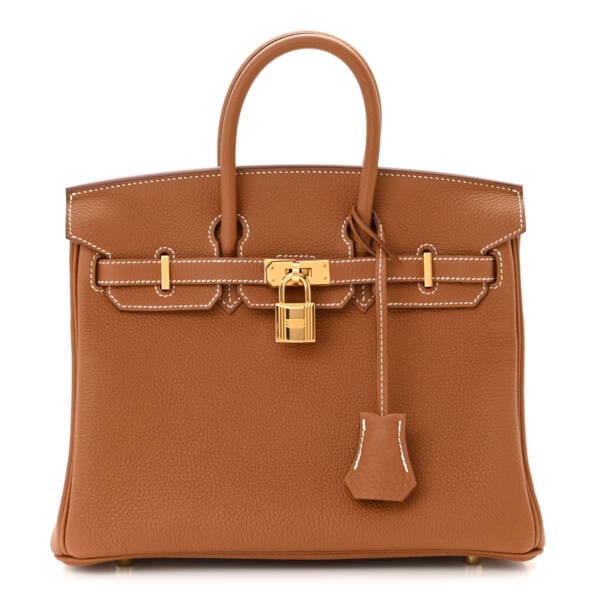
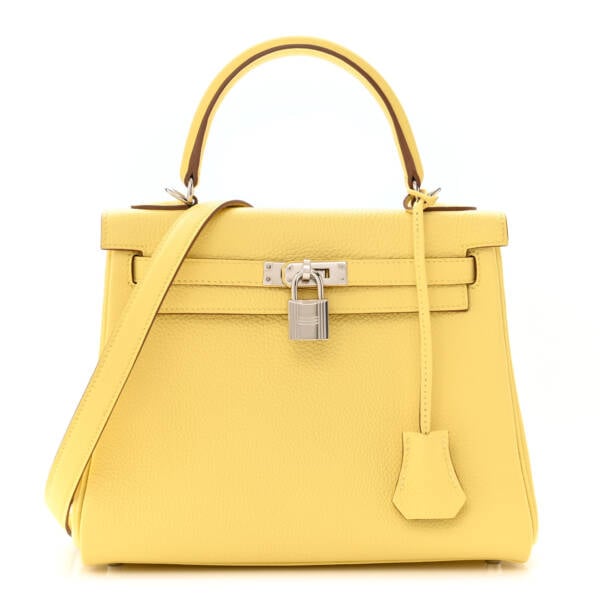
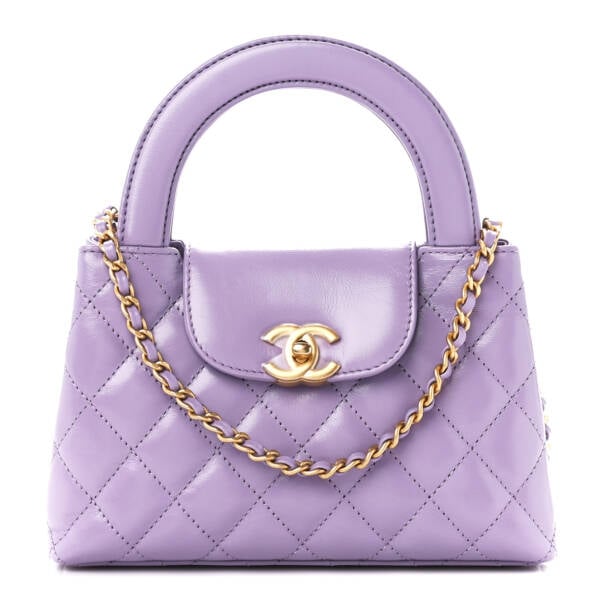
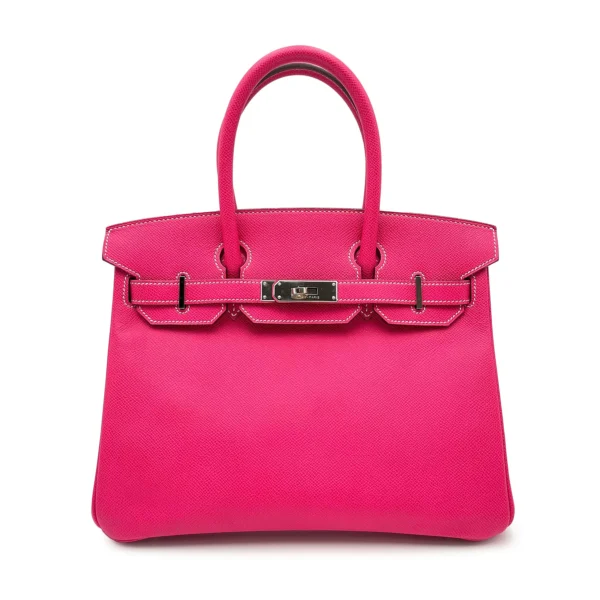
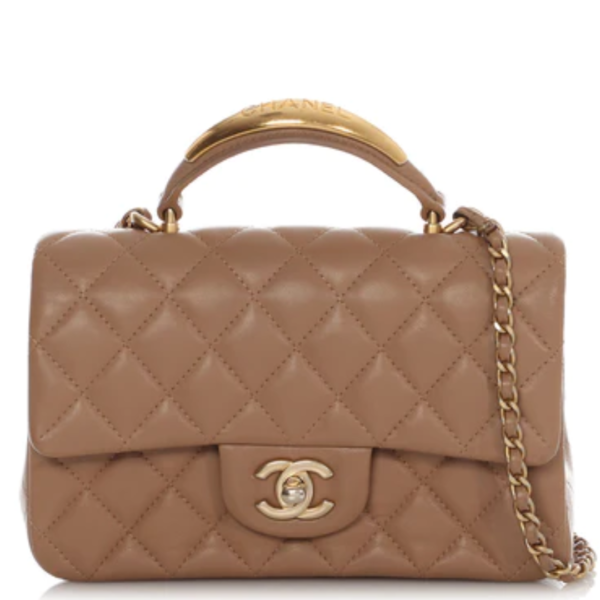
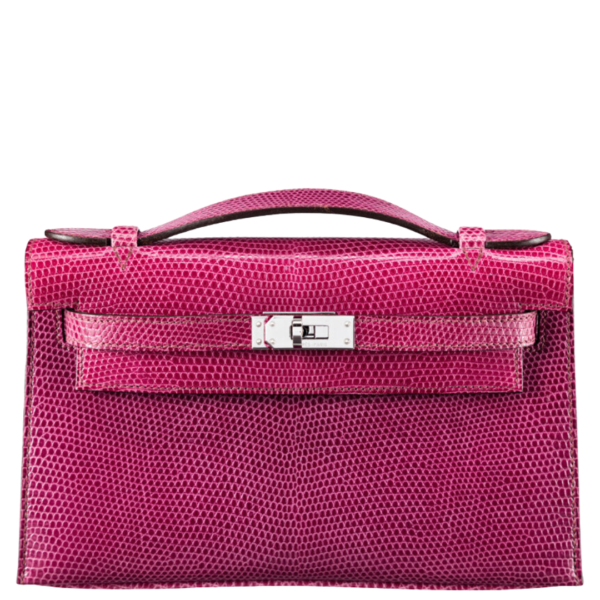
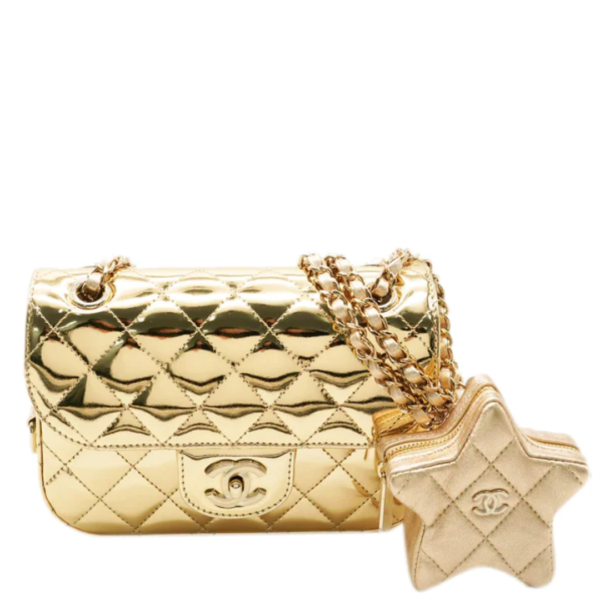
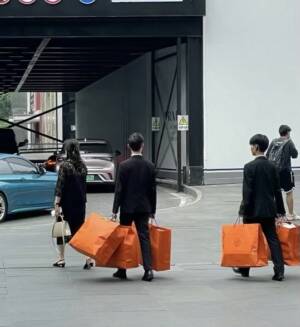
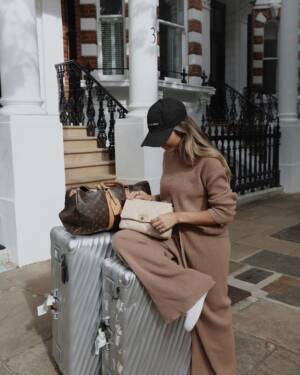
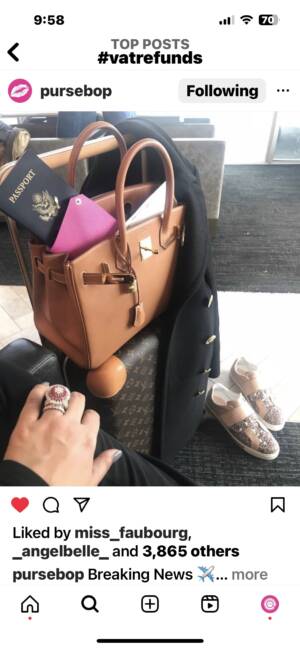
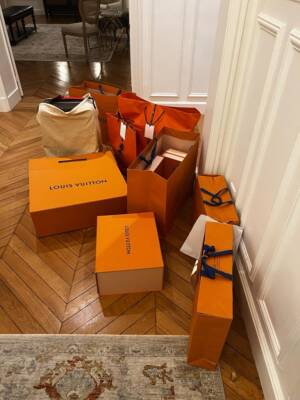
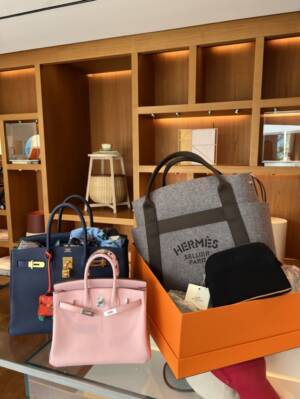
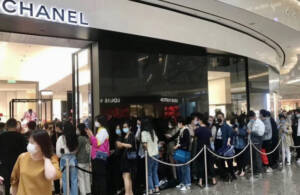



Comments